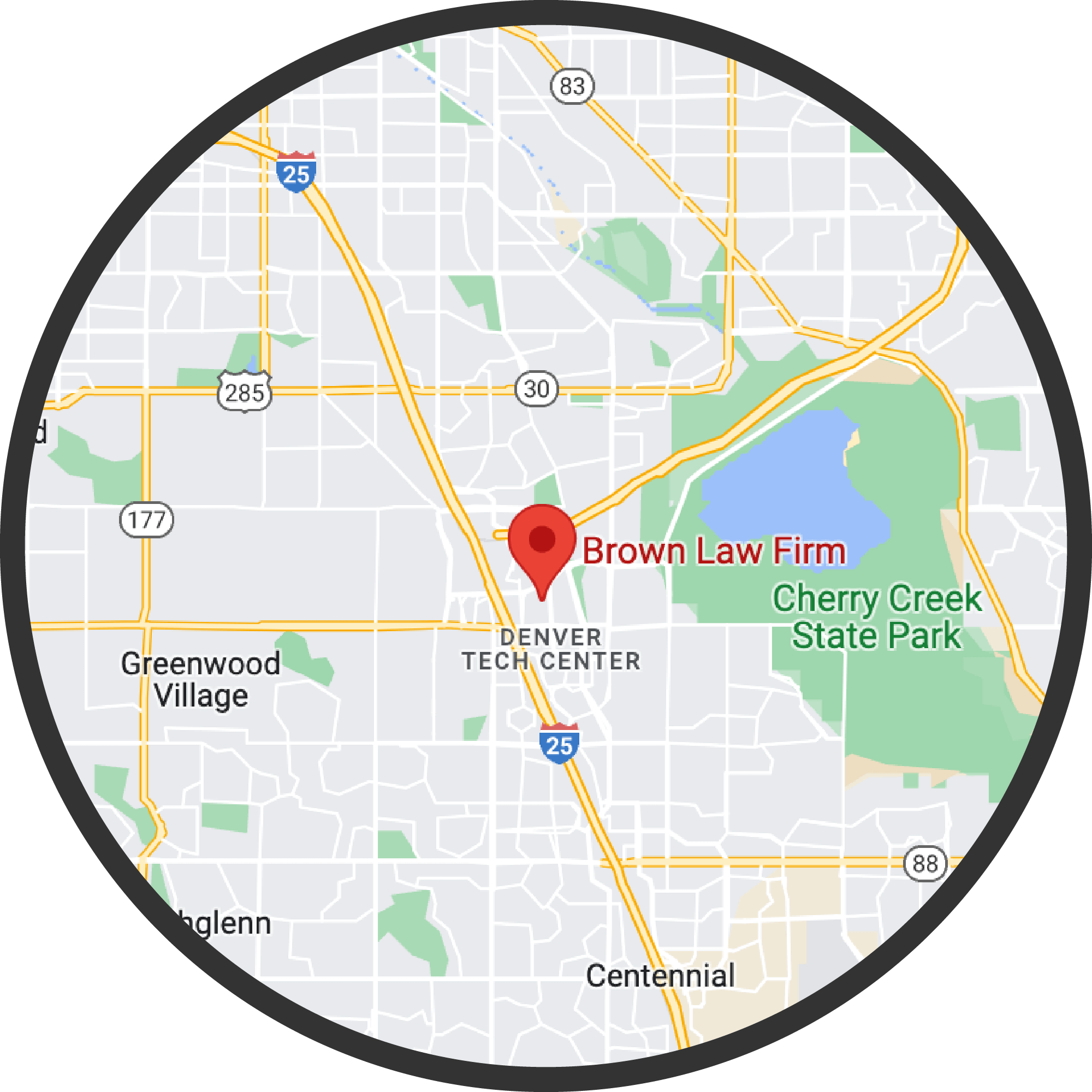Why Hire an Estate Planning Attorney?
The legal field is becoming more specialized every day. Not every attorney is qualified to create an effective estate plan. Estate planning requires knowledge of tax laws, asset protection, probate processes and family dynamics. Attorneys without this knowledge or experience may overlook critical details, resulting in an estate plan that fails to comport with your wishes. Choosing an attorney who specializes in estate planning ensures a customized, legally sound estate plan tailored to your unique needs.
Nicole Economy Brown and Christine M. Stroup have assisted thousands of Colorado clients with their estate planning needs. In their practice, they have encountered several common myths about estate planning, including the ones below:
Myth #1
I can save money by creating a will myself. I don’t need to hire an estate planning attorney.
“Penny wise and pound foolish.” DIY wills have become mainstream. However, DIY wills often fail to comport with state law, address tax implications or are customized to address your unique situation, family dynamics, assets and contingent beneficiaries. These DIY wills can create unnecessary complexities and conflicts that increase attorneys’ fees at death.
Myth #2
Creating an estate plan is “one and done.”
“The only constant in life is change.” Life is ever-changing. Circumstances that could require an update to your estate plan include changes in: marital status, family status, health status, fiduciary status, employment/retirement status, asset composition and tax and other laws. If any of these changes occur, your estate plan should be revised accordingly.
Myth #3
I just need a will. I don’t need a comprehensive estate plan.
“Only put off until tomorrow what you are willing to have undone.” A will is one part of estate planning. A will governs disposition of probate assets at death. However, a comprehensive estate plan addresses two other important components: (1) non probate assets, such as assets titled as joint tenants with rights of survivorship and assets passing by beneficiary designation; and (2) your wishes regarding financial and medical decision making and end of life preferences if you become incapacitated before your death. Comprehensive estate planning addresses all of these critical issues, regardless of the size of your estate.
Myth #4
I don’t have a taxable estate, so I don’t need to hire an estate planning attorney.
“Nothing is certain except death and taxes.” An estate subject to federal estate tax is one reason to engage in estate planning. However, all estates, including smaller, more modest estates, are subject to federal and state income tax. An experienced estate planning attorney can advise on both estate and income tax considerations and minimization.
If dispelling these myths has lowered your blinders about the importance of comprehensive estate planning, contact our team at Brown Law Firm to start the conversation.
